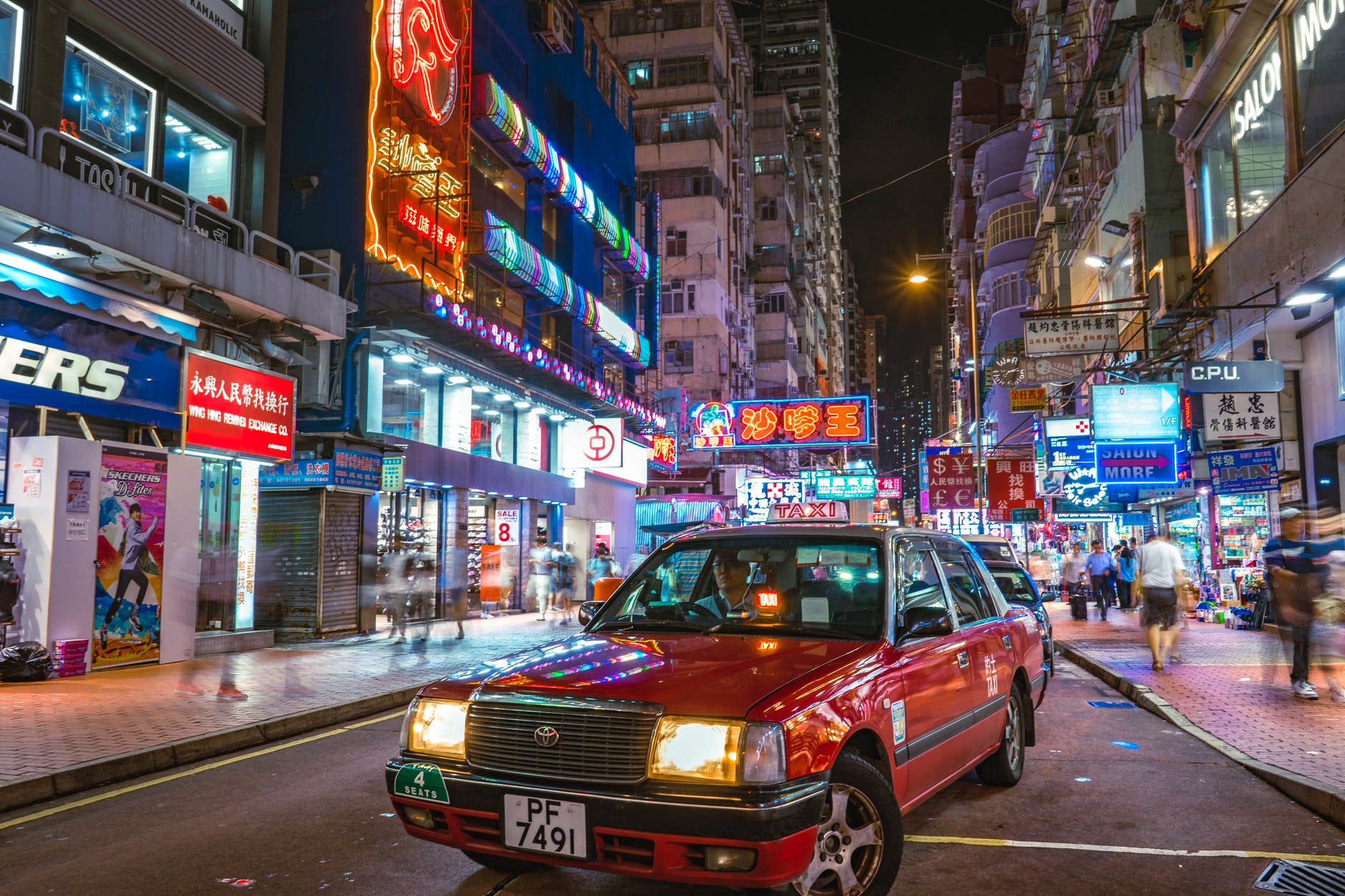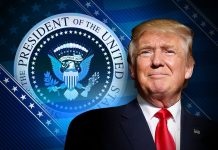
US Secretary of State Mike Pompeo said that "China is modelling Hong Kong after itself." This statement came after Beijing approved a national security law for Hong Kong.
On Wednesday, Pompeo reported to Congress that Hong Kong was no longer autonomous from China. The approval of the national security law for Hong Kong could be deemed a new hurdle for the trade relationship of Hong Kong with the US.
The State Department issued a determination on Hong Kong’s autonomy under pro-democracy legislation passed late last year. Under the law, the president must impose sanctions on other countries that undermine “fundamental freedoms and autonomy in Hong Kong.”
There are no definite details about the law yet. However, according to the Chinese government, it will address secession, subversion of state power, terrorism activities and foreign interference. Beijing’s move bypasses Hong Kong’s legislature and may take a few months before it takes effect in the island.
Economic independence
Worries about about China's intrusion in the business hub's independence have disturbed the region and partly contributed to its economic recession last year.
“No reasonable person can assert today that Hong Kong maintains a high degree of autonomy from China, given facts on the ground,” Pompeo said in a statement.
“Hong Kong and its dynamic, enterprising, and free people have flourished for decades as a bastion of liberty, and this decision gives me no pleasure. But sound policy making requires a recognition of reality,” Pompeo said. “While the United States once hoped that free and prosperous Hong Kong would provide a model for authoritarian China, it is now clear that China is modeling Hong Kong after itself.”
To date, Hong Kong remains exempted from the tariffs on exports to the US that President Donald Trump's administration imposed on China as part of their multiyear trade war.
Businesses previously made warnings regarding the impact of such event when Hong Kong loses its special status. Experts are not optimistic that the US will impose costs on China over Hong Kong.
US-Hong Kong trade
According to the Office of the US Trade Representative, the US maintains a good financial relationship with Hong Kong. Trade in goods and services between the two countries amounted to over $66 billion in 2018. In addition, there are more than 1,300 US companies doing business in the special administrative region, according to the State Department.
The US could remove some of Hong Kong’s privileges, according to Natasha Kassam, a research fellow at Australian think tank the Lowy Institute. In her interview on CNBC, she noted that such an action was the "nuclear option."
“You can only pull that lever once and it’s not clear that will necessarily work,” said Kassam.
Several members of the US Congress called on the Trump administration to impose sanctions on Beijing. Senator Marco Rubio, R-Fla., asserted that if China pushes its national security legislation, the State Department should declare that Hong Kong was no longer autonomous and “sanctions should follow.”
“I applaud the Trump Administration for taking the necessary step, as required under my Hong Kong Human Rights and Democracy Act, to protect American interests and safeguard the rights and freedoms of the people of Hong Kong,” Rubio said in a statement Wednesday.






